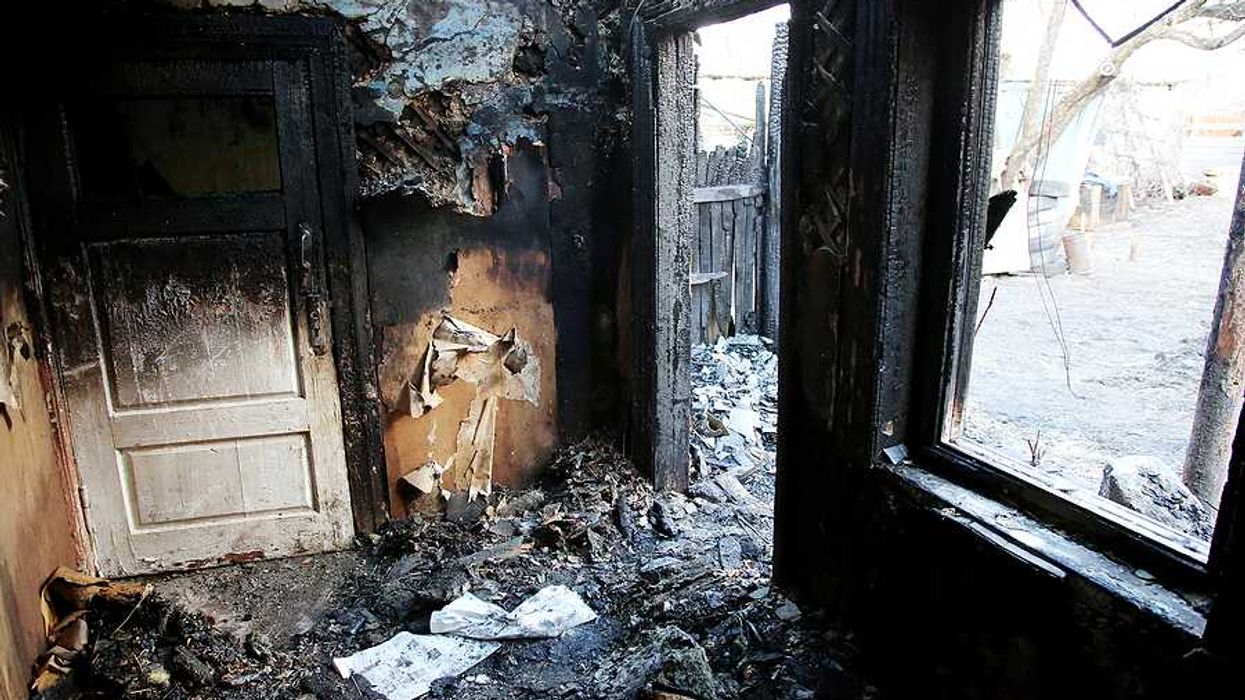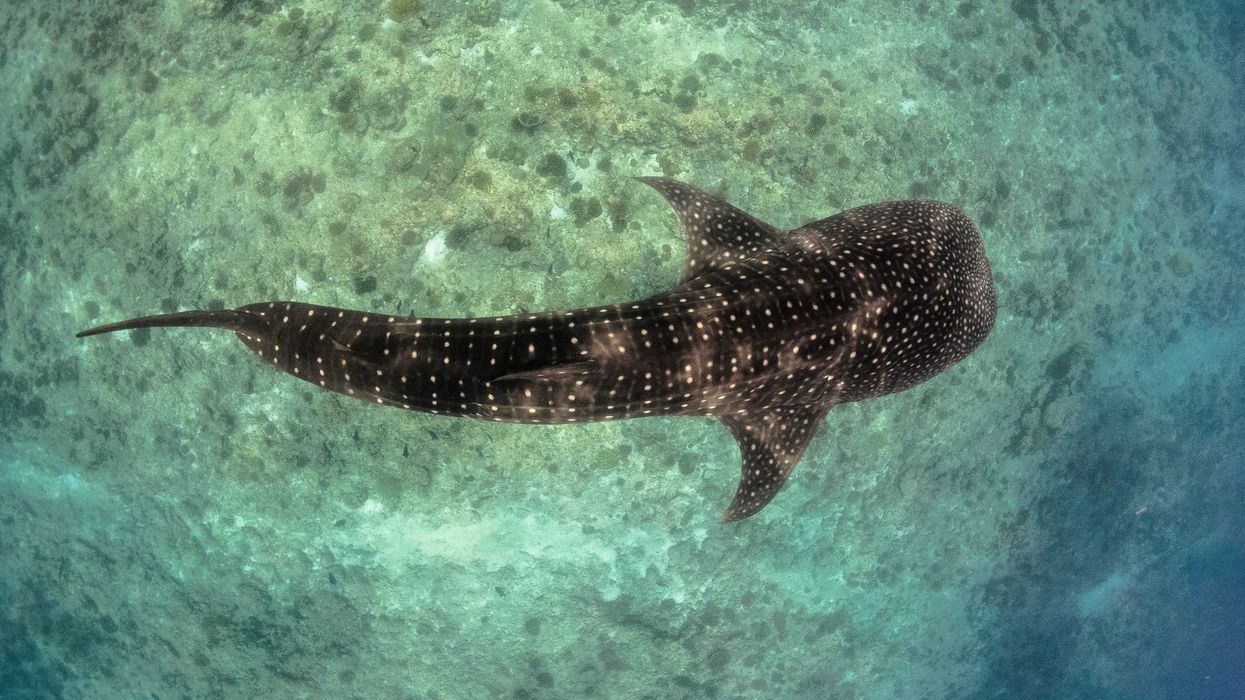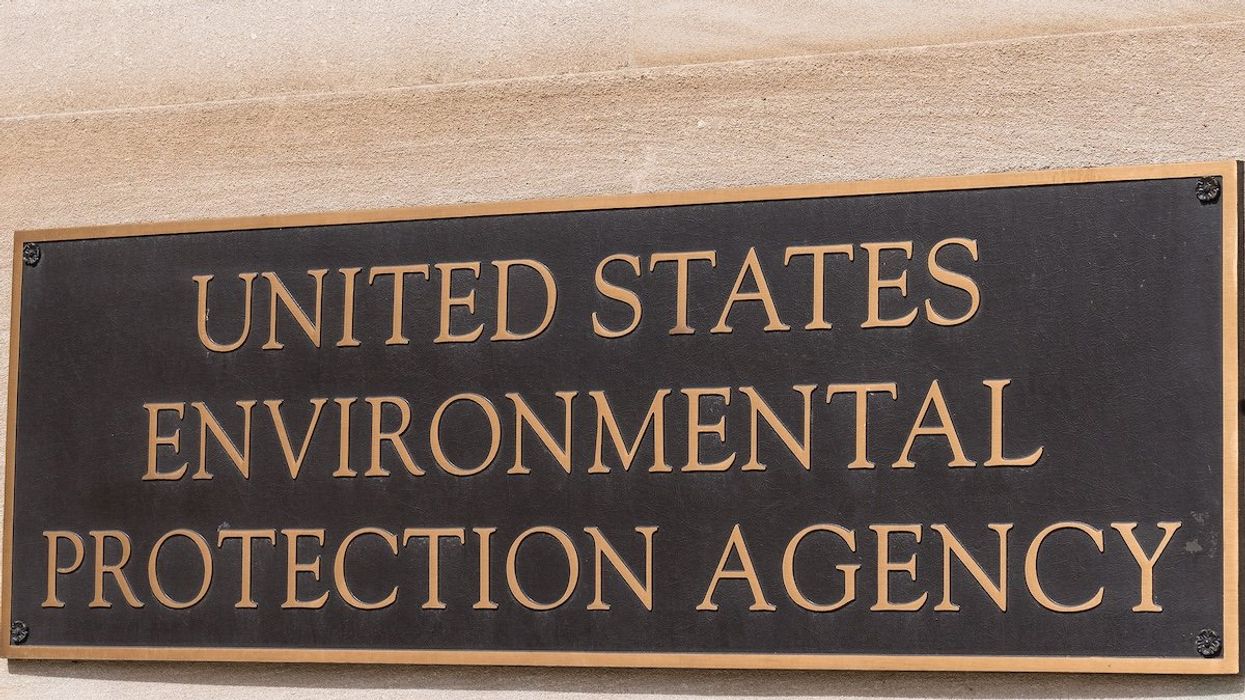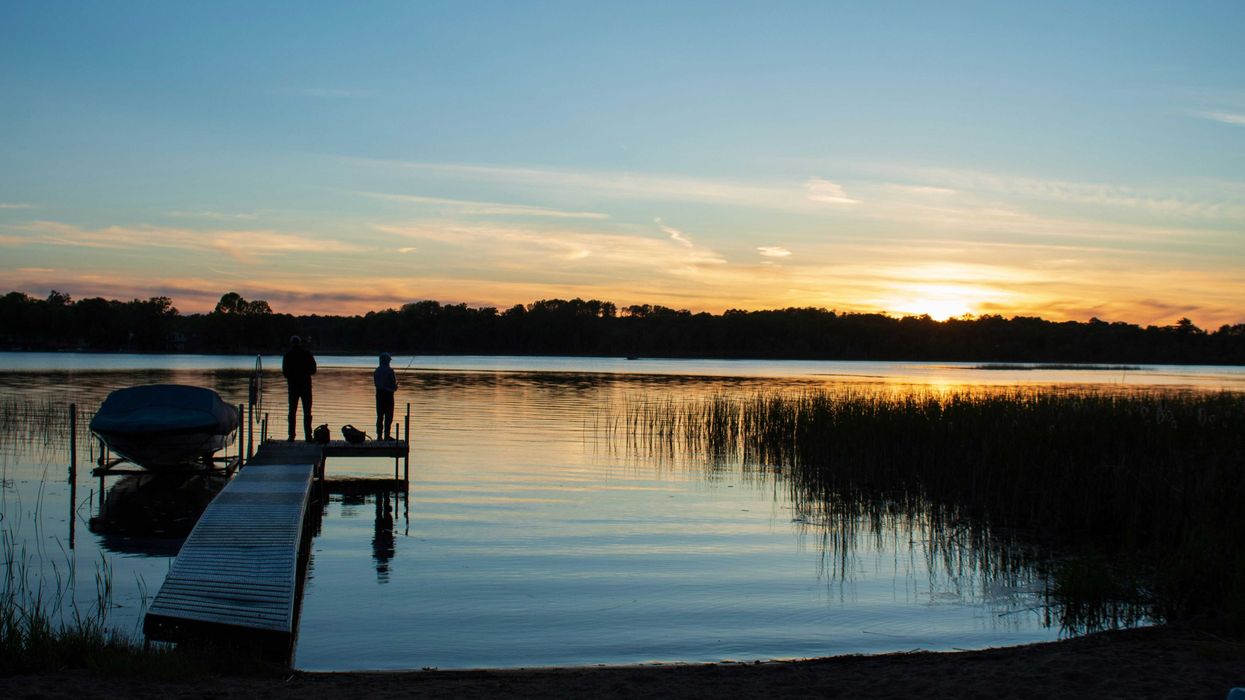A two-year fight over W.R. Grace’s plastic recycling research facility in Columbia, Maryland, has reignited after state regulators approved the project despite local concerns about safety, emissions, and transparency.
Sydney Wiser reports for the The Sentinel.
In short:
- W.R. Grace received a permit from the Maryland Department of the Environment to build a small plastic recycling pilot facility on its Columbia campus, aimed at testing new chemical processes to convert plastic into gas and liquid.
- The Stop Grace Coalition, formed by nearby residents, argues the facility poses environmental and health risks due to its proximity to homes and the potential for leaks, emissions or accidents involving flammable liquids.
- Although the state found no adverse health or environmental impacts, a local zoning appeal temporarily halted the project, with critics arguing Grace failed to properly notify the public and that oversight was insufficient.
Key quote:
“The idea of having drums of a flammable liquid stored and moved about just a few yards away from residences is a major concern to the community. This activity can lead to the release of toxic fumes, leaks and spills, and of course, accidental ignition.”
— René Maldonado, Cedar Creek resident and former chemical plant worker
Why this matters:
Plastic recycling through chemical methods, also known as advanced or chemical recycling, is a growing industry trend promoted as a solution to the plastic waste crisis. But these pilot projects often raise red flags among environmental health experts and communities, especially when placed near residential areas. The processes involved can emit volatile organic compounds (VOCs) and other pollutants, and rely on high temperatures and chemical catalysts that carry risks of fire or explosion. Projects like W.R. Grace’s heighten concerns about air and water contamination — particularly in areas with a history of industrial pollution.
Read more:














